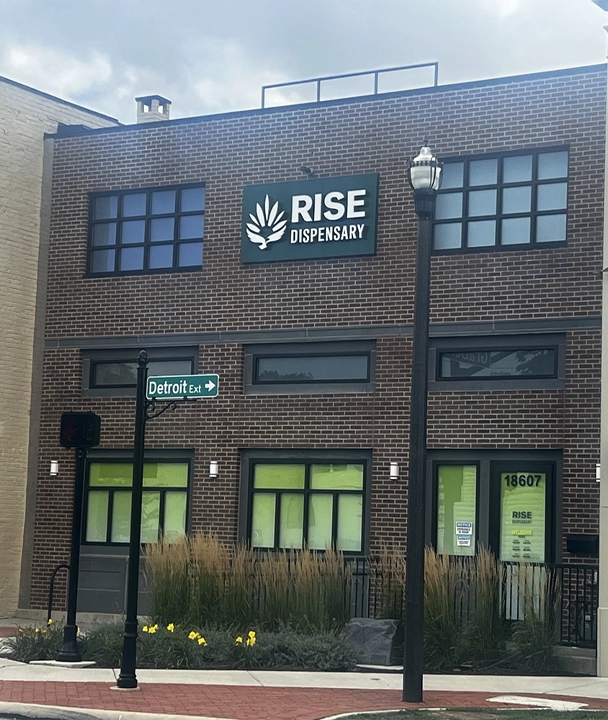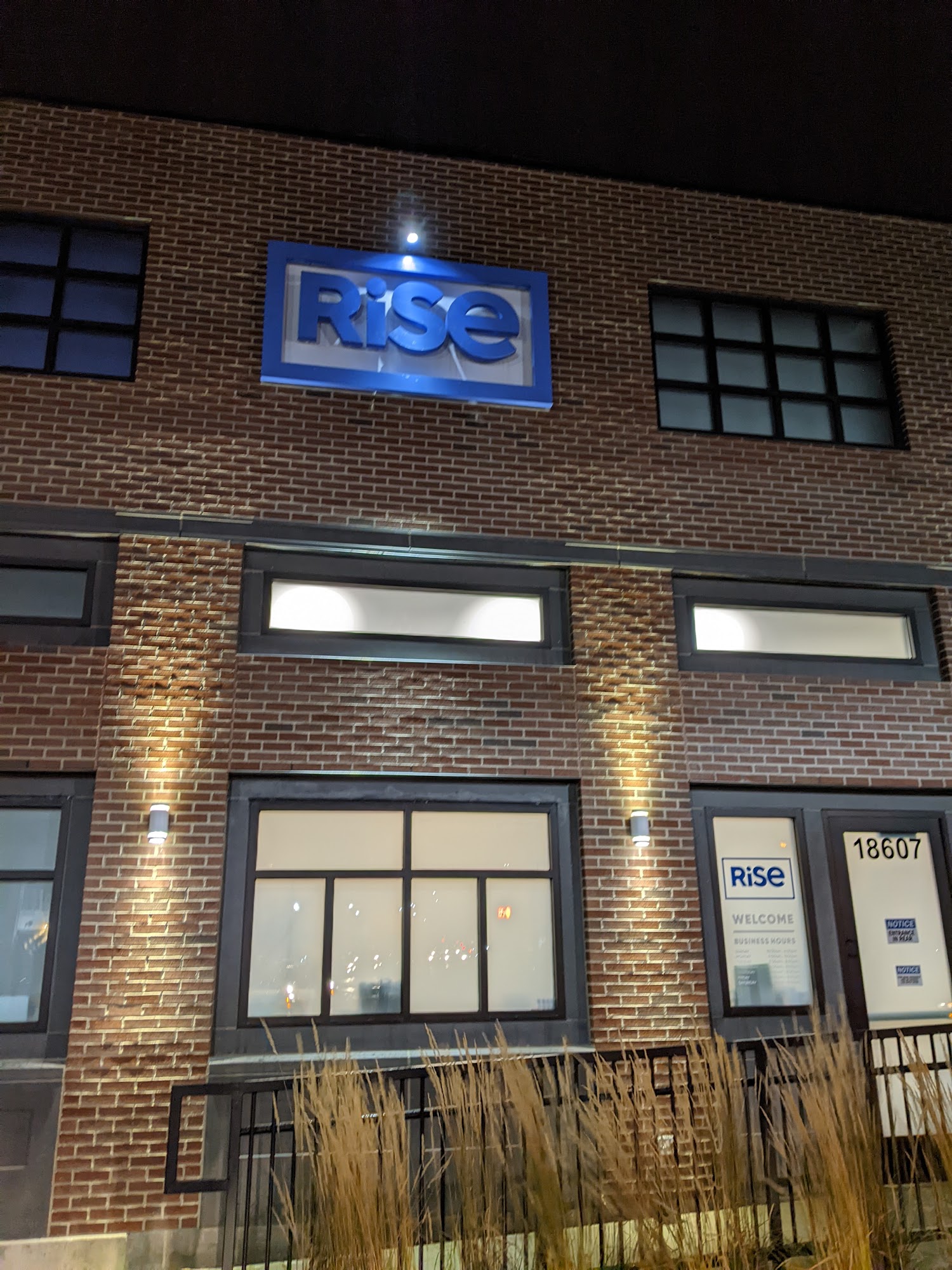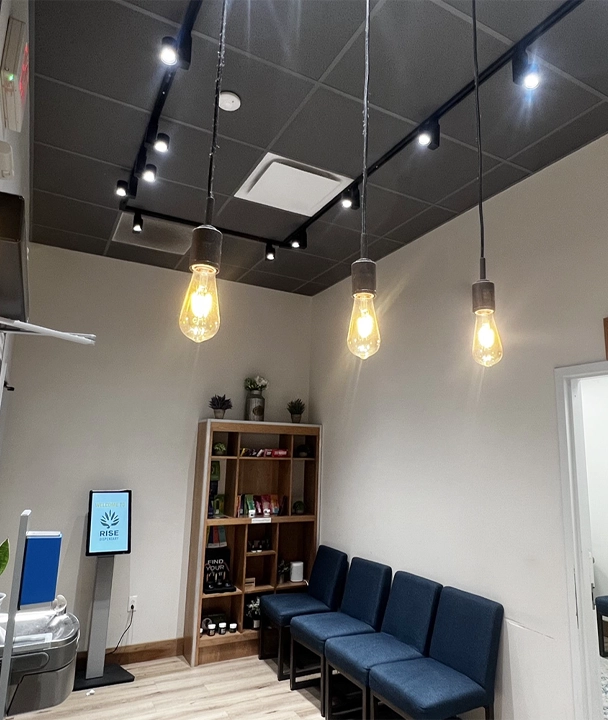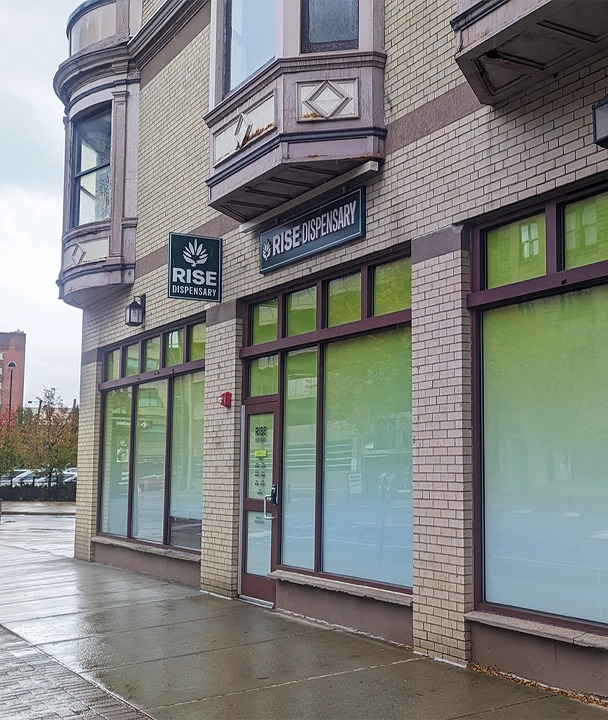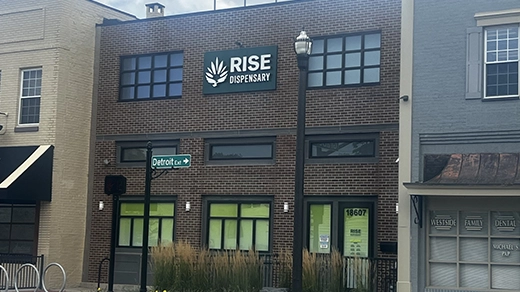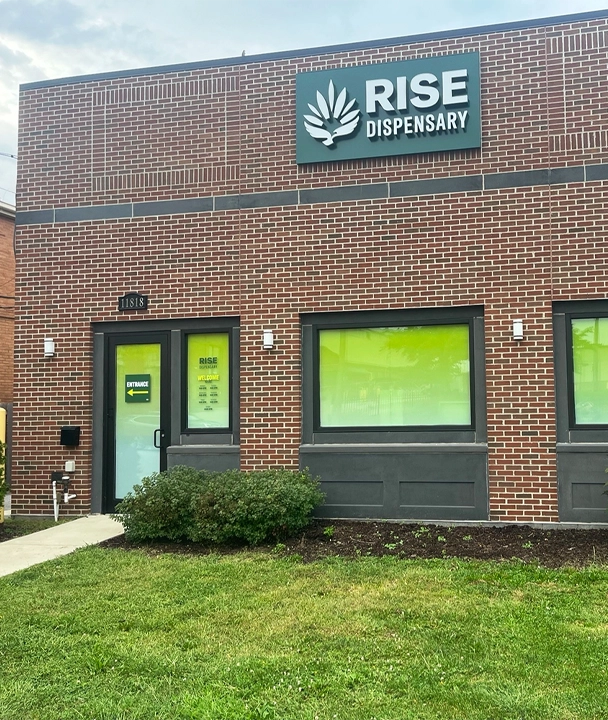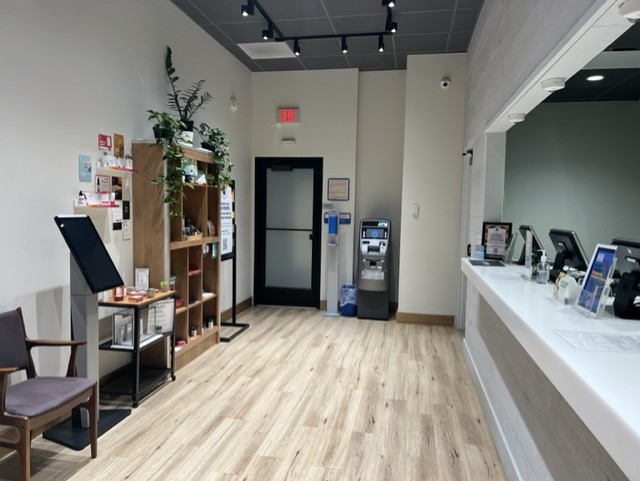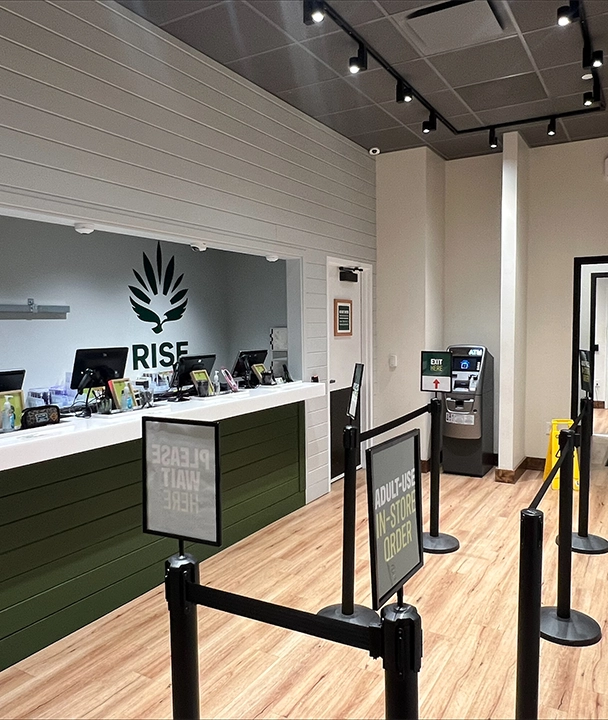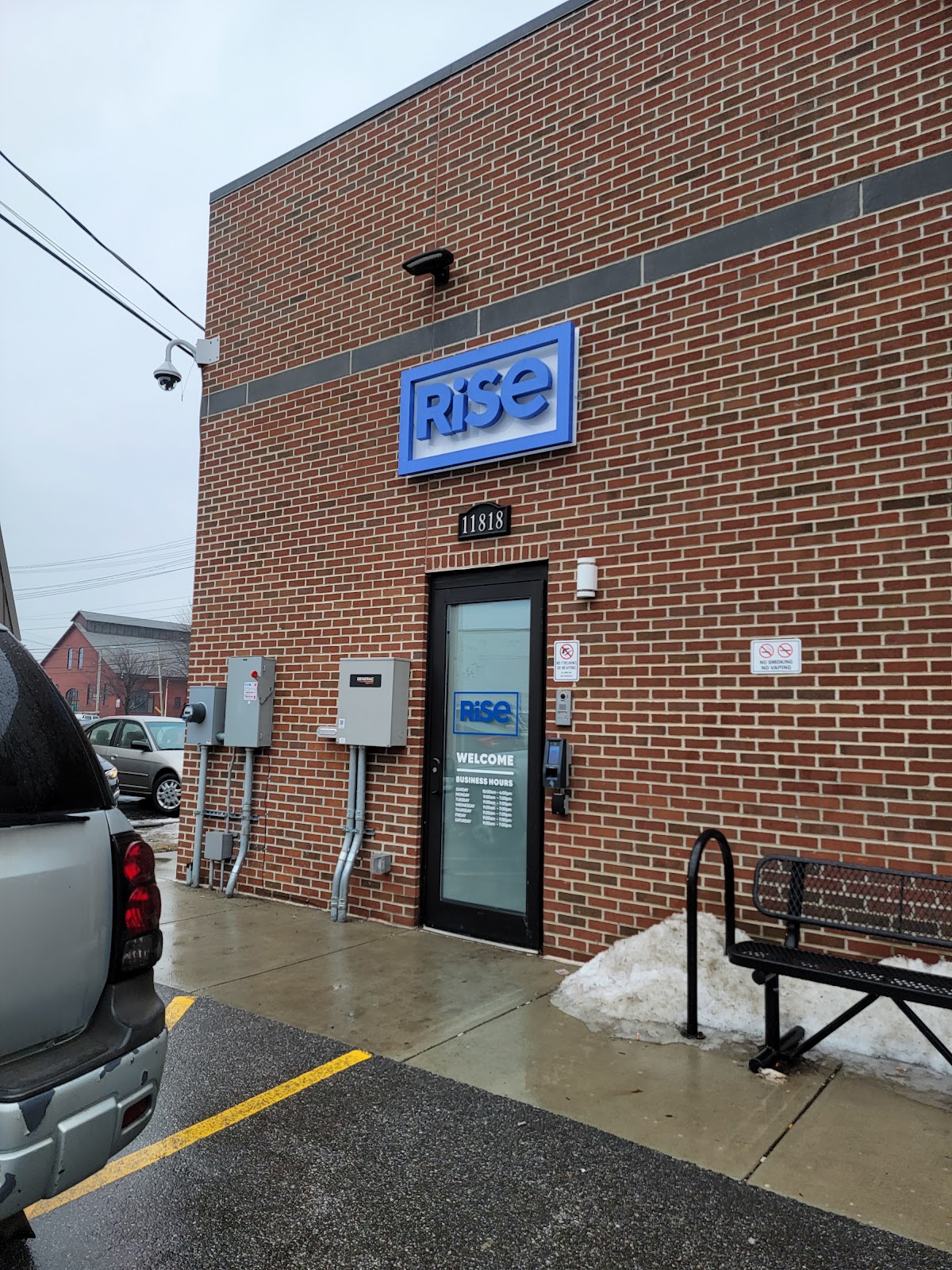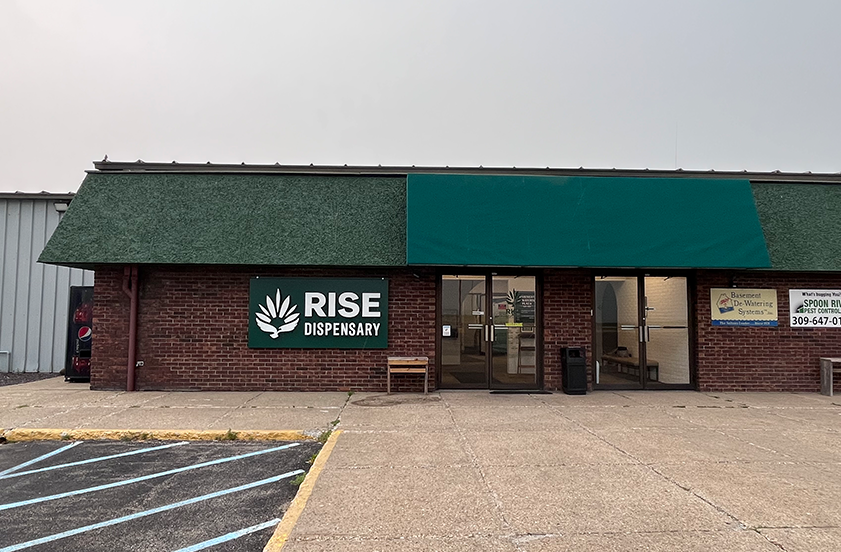Rise Medical & Recreational Cannabis Dispensary Lakewood Detroit

The intersection of 8 Mile Road and Woodward Avenue, a symbolic gateway between Detroit and its northern suburbs, has long been a focal point of economic and social change. Recently, this landscape has been reshaped by the burgeoning cannabis industry, with the Rise Medical & Recreational Cannabis Dispensary in Lakewood emerging as a significant player. Its presence sparks both opportunity and apprehension within the community.
This article delves into the rise of Rise Dispensary in Lakewood, Detroit, examining its impact on the local economy, the community's response, and the broader implications for the city's evolving cannabis landscape. We will explore the promises of economic revitalization juxtaposed against concerns about public health, safety, and the potential for unintended consequences.
The Rise of Rise: A Business Overview
Rise Dispensary, operated by Green Thumb Industries (GTI), is a multi-state cannabis operator with a growing presence in Michigan. The Lakewood location offers a wide range of cannabis products, including flower, edibles, concentrates, and topicals, catering to both medical patients and recreational users aged 21 and over.
GTI’s financial reports indicate a substantial investment in Michigan's cannabis market, reflecting the company's belief in the state's potential for growth. They emphasize compliance with state regulations and a commitment to responsible business practices.
Economic Impact and Job Creation
The opening of Rise Dispensary has undoubtedly created new jobs in the Lakewood community. Positions range from budtenders and security personnel to management and administrative roles.
GTI has publicly stated its commitment to hiring locally, aiming to provide economic opportunities for residents in the surrounding neighborhoods. Furthermore, the dispensary contributes to local tax revenue, which can be allocated to public services and infrastructure improvements.
According to data from the Michigan Cannabis Regulatory Agency (CRA), cannabis sales in Detroit have generated significant tax revenue for the city and the state. A portion of this revenue is earmarked for specific programs, including schools and infrastructure.
Community Perspectives: Support and Concerns
The arrival of Rise Dispensary has elicited mixed reactions from the Lakewood community. Supporters highlight the potential for economic revitalization, job creation, and increased tax revenue.
They argue that a well-regulated cannabis industry can help to address some of the city's long-standing economic challenges. Some residents see it as a sign of progress and an opportunity to shed the stigma associated with cannabis.
Concerns about Public Health and Safety
However, not everyone welcomes the presence of a cannabis dispensary in their neighborhood. Concerns have been raised about potential increases in crime, loitering, and underage access to cannabis.
Some residents worry about the potential impact on property values and the overall character of the community. Public health advocates have also expressed concerns about the potential health risks associated with cannabis use, particularly among young people.
These concerns are often fueled by a lack of information and a general apprehension about the unknown. Open communication and community engagement are crucial to addressing these concerns effectively.
“We understand the concerns some residents may have, and we are committed to being a responsible neighbor,” says a GTI spokesperson. “We prioritize security, adhere strictly to all regulations, and engage with the community to address any issues that may arise.”
Navigating Regulations and Community Engagement
Rise Dispensary operates within a complex regulatory framework established by the Michigan Cannabis Regulatory Agency (CRA). These regulations cover everything from security protocols and product testing to advertising and community outreach.
Compliance with these regulations is essential for maintaining a license to operate and ensuring the safety and well-being of consumers. GTI has emphasized its commitment to exceeding regulatory requirements and implementing best practices in all aspects of its operations.
Effective community engagement is also crucial for building trust and addressing concerns. This involves actively listening to residents, providing accurate information, and working collaboratively to find solutions to any issues that may arise.
The Future of Cannabis in Detroit: A Balancing Act
The rise of Rise Dispensary in Lakewood reflects a broader trend of cannabis legalization and commercialization across Michigan and the United States. As the industry continues to evolve, Detroit faces the challenge of balancing the economic benefits of cannabis with the potential risks to public health and safety.
The success of the cannabis industry in Detroit will depend on several factors, including effective regulation, responsible business practices, and ongoing community engagement. It requires a collaborative effort between government, businesses, and residents to ensure that the industry benefits the entire community.
Ultimately, the future of cannabis in Detroit hinges on the ability to create a safe, responsible, and equitable industry that contributes to the city's economic growth while protecting the well-being of its residents. Only time will tell if this delicate balance can be achieved.

